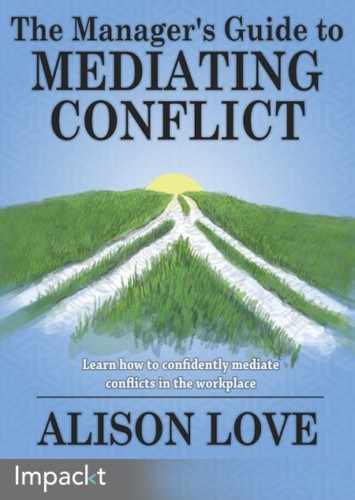Where there is a workplace dispute, there are a number of options that can be used to deal with it. These range from allowing parties to resolve it themselves through to litigation, as set out in the conflict resolution road map.
The differences between mediation and other options are shown in the following image:

With all options other than mediation, the focus will be on the party's rights and the outcome will depend on a decision from a third-party as to whose rights are preferred; the emotional aspect is completely ignored as it is irrelevant to the process. Particularly where there is an ongoing relationship, this will rarely result in a positive outcome. Individuals will become defensive, communication will either cease all together or be very guarded and the gap between them will widen. I have seen many grievance processes resulting in further damaging relations, making an already bad situation a million times worse.
Mediation, unlike other formal processes or litigation, addresses the underlying emotions and in practice it is important to do so and to avoid shying away from this. In mediation who is right and who is wrong is entirely irrelevant and it puts the power to resolve matters in the hands of the parties. In this way, mediation is far more likely to produce a positive result, either allowing employees to work together in a better way or enabling an exit on better terms. As Kenneth Cloke puts it brilliantly in his book Mediating Dangerously, "the purpose of the search for truth in conflict resolution is twofold; first, to help the parties achieve a substantially fair result; and second, to help them feel a result is fair, allowing the wounds to heal."
